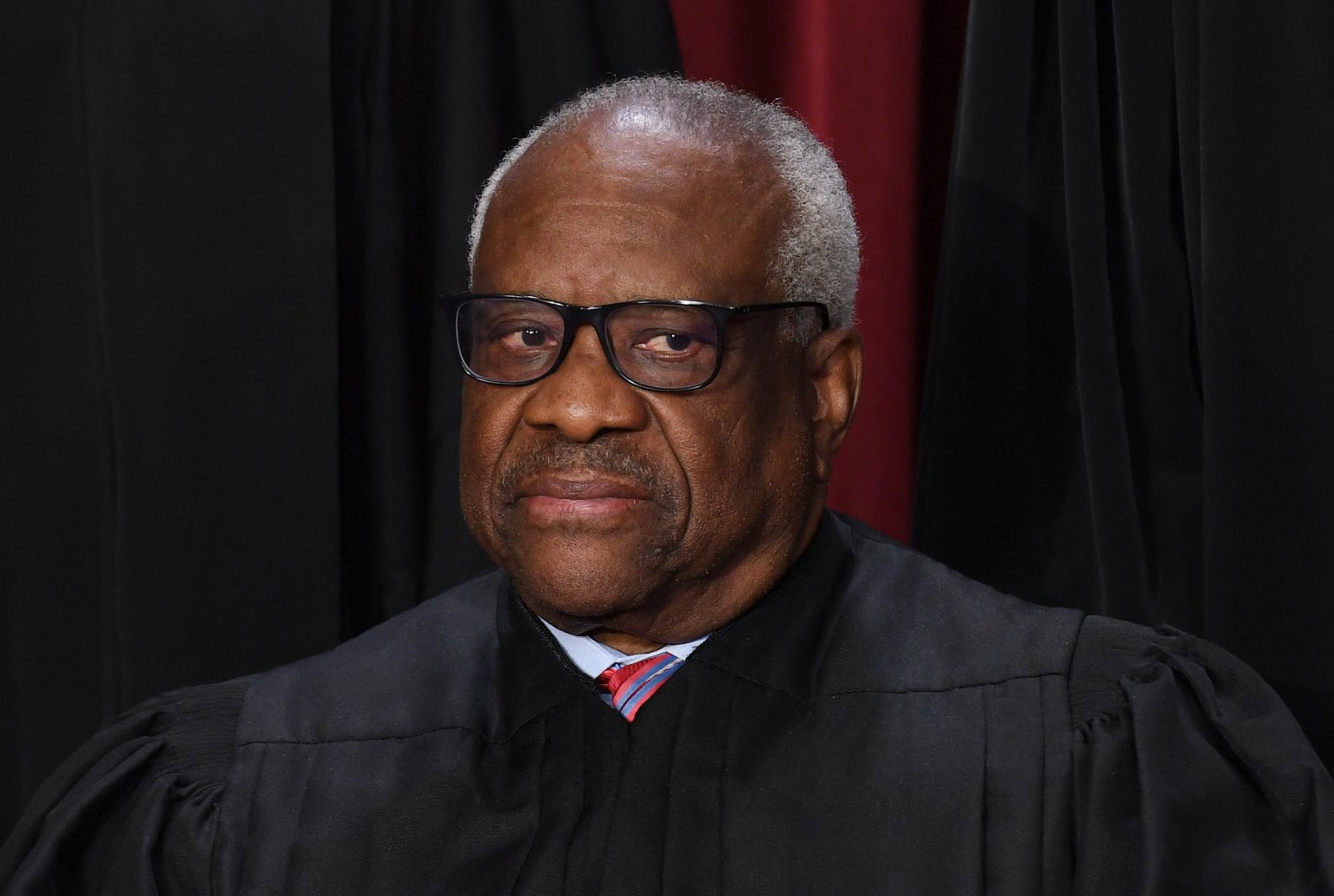Supreme Court Justice Clarence Thomas is facing criticism after he was the lone dissenter in the High Court’s ruling in a case involving gun rights. In the case United States v. Rahimi, the justices upheld a federal statute that prohibits individuals under a domestic violence restraining order from obtaining a firearm. This decision limited the scope of a previous ruling that expanded Second Amendment rights. Thomas, who had written the previous opinion, opposed his fellow justices in this case, arguing that the federal statute violates the Second Amendment and is not consistent with historical traditions of firearm regulation.
Thomas’ dissenting opinion in the Rahimi case argued that the federal statute in question violates the Second Amendment’s plain text and historical traditions of gun ownership regulation in the U.S. He pointed out that the person at the center of the case, Zackey Rahimi, was not convicted of a crime but was prohibited from owning a firearm after being accused of domestic violence. Critics of Thomas have condemned his stance, with some calling it “insane” and expressing shock that he was in favor of allowing domestic abusers to have guns. Thomas has faced previous scandals, including failing to disclose gifts and trips funded by a Republican megadonor and refusing to recuse himself from cases related to the 2020 election despite his wife’s involvement in attempting to overturn the results.
The dissent in the Rahimi case has sparked backlash against Justice Thomas, with many criticizing his position on allowing individuals under domestic violence restraining orders to own firearms. Critics have highlighted Thomas’ history of controversial decisions and scandals as further evidence of his questionable judgment and impartiality on the bench. Some have pointed out the potential risks of domestic abusers having access to firearms and expressed concern over Thomas’ interpretation of the Second Amendment.
The controversy surrounding Justice Thomas’ dissent in the Rahimi case has reignited debates over gun rights, domestic violence, and judicial interpretation of the Second Amendment. Critics of Thomas have called into question his integrity and impartiality, citing his previous ethical lapses and controversial decisions as further cause for concern. The role of the Supreme Court in shaping legal precedent and protecting individual rights has been called into question, with many questioning Thomas’ motivations and judgment in this and other cases.
The Supreme Court’s ruling in the Rahimi case has highlighted the deep divisions within the judiciary and the broader legal community over issues related to gun rights and domestic violence. Justice Thomas’ dissent has drawn sharp criticism from advocates for victims of domestic violence and gun control, who argue that his position undermines the safety and well-being of vulnerable populations. The ongoing debate over the interpretation of the Second Amendment and its implications for public safety and individual rights continues to be a contentious issue in American society.


